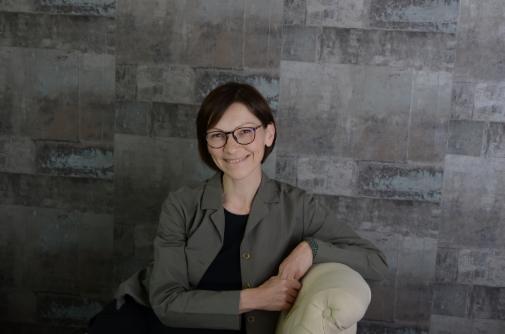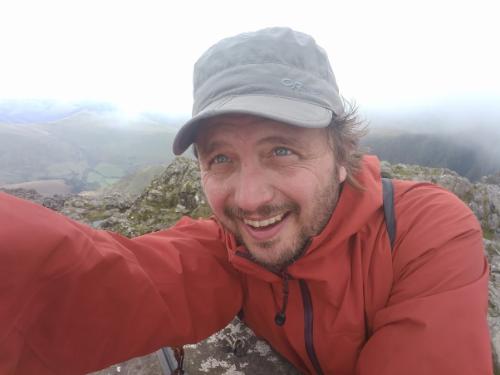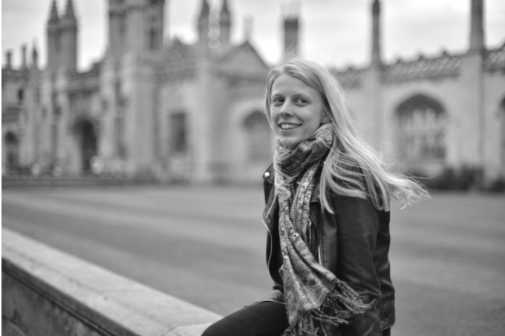Congratulations to the 2020 White Rose College of the Arts & Humanities Cohort
Posted on Monday 13 April 2020
The University of York Department of Archaeology was very successful in receiving prestigious PhD funding from the White Rose College of the Arts & Humanities for several candidates working on diverse projects.

Andy Langley - Invisible Technologies and the Container Revolution, supervised by Aimee Little and Ol Craig
My research focuses on the adoption of ceramic technology by Mesolithic foragers in northern Europe. Prior to the arrival of Neolithic communities, hunter gatherers were selectively using pottery in a variety of ways for subsistence and storage. Why some foraging groups chose to adopt ceramics and what technologies it replaced are still open questions. I aim to use a combination of experimental archaeology and biomolecular analysis to explore what cooking techniques Mesolithic communities used before pottery. Hopefully this will help answer why ceramics were adopted and reveal the invisible cooking technologies that preceded it.

Martina Tenzer - Beyond Landscape: Extending Historic Landscape Characterisation to develop a more inclusive and transparent approach to managing local heritage, supervised by John Schofield
Decisions in heritage management are usually made by professionals and government bodies. Historic Landscape Characterisation (HLC) was developed to support such decisions. However, current methods do not take into account what matters most to local communities, even though HLC is flexible enough to do so. Working with Professor John Schofield, this project will tackle the inherently difficult topic of integrating locally held ‘social values’ into local authority decision making. Martina Tenzer says: ‘After seven years of commercial fieldwork, I am thrilled to return to academia and to contribute to innovative thinking in heritage management.’

Joshua De Giorgio - Defying Convention: Devising New Approaches to Heritage Values in Valletta, Malta, supervised by John Schofield
Focusing on Valletta (Malta), a UNESCO world heritage site, this PhD will explore the limitations of conventional heritage values and significance. These often-rigid definitions, in conjunction with the pressures of development and tourism, can contribute to a heritage landscape that is exclusive and disconnected from much of the community. This research will propose new tools and perspectives for assessing heritage values to create an alternative framework for heritage assessment of the urban context.

Estelle Praet - Galapagos Marine Plastics - How Archaeology can Help Save the Archipelago (and the Planet)? supervised by John Schofield and Colleen Morgan
Working with Galapagos Conservation Trust and Professor John Schofield, the aim of this collaborative PhD is to address marine plastic pollution in Galapagos from an archaeological perspective and to develop a methodology to include citizen scientists in this research. The PhD will explore depositional processes of marine plastics through their biographies and offer solutions to policy makers through partnership with local communities. Estelle Praet says: ‘This is a unique opportunity for me to bring together the fields of conservation and archaeology when investigating global concerns. I am looking forward to being part of the York community through this investigation.’
Plastic Pollution Free Galapagos is an international alliance of experts working to combat the threat plastic pollution poses to the unique biodiversity of Galapagos, Ecuador. Oceanographers, marine biologists, ecotoxicologists, environmental psychologists, policy makers and even archaeologists are working together to identify major sources of pollution, to understand and address the risks to wildlife and to test solutions to decrease the impacts of plastic waste in the region. Results underpin coordinated education, outreach and advocacy efforts aiming to make the Galapagos Marine Reserve the first marine protected area to be free from the threat of plastic pollution. Technologies, processes and approaches developed within the programme will be made available to support the efforts of island nations and archipelagos worldwide to tackle this global challenge. Partners involved in Plastic Pollution Free Galapagos include Galapagos Conservation Trust, the Galapagos National Park Directorate, the Galapagos Science Center, Conservation International Ecuador, Charles Darwin Foundation, Utrecht University, University of Exeter, University of York, University of the Sunshine Coast and OrcaTec.
